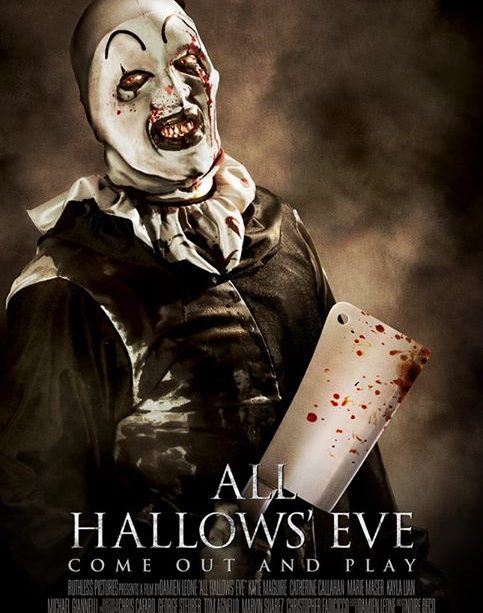Understanding All Hallows Eve: A Night of Mystique and Tradition

Introduction to All Hallows Eve
All Hallows Eve, more commonly known as Halloween, holds a significant place in cultural and religious traditions in several countries, particularly in North America. Celebrated on the evening of October 31st, it has evolved over the centuries from its origins to a day filled with costumes, decorations, and festivities. Understanding its roots is vital to grasping the complex interplay between historical customs and contemporary celebrations.
Historical Background
The origins of All Hallows Eve trace back to ancient Celtic festivals, particularly the festival of Samhain, which marked the transition from the harvest season to winter. The Celts believed that on the night of October 31st, the boundary between the worlds of the living and the dead became blurred, allowing the spirits to walk among the living. To ward off these spirits, people would light bonfires and wear costumes.
With the spread of Christianity, the church sought to supplant pagan celebrations with Christian observances. Consequently, the day following Samhain was recognized as All Saints’ Day on November 1st, also known as All Hallows or Hallowmas. The night before, October 31st, was thus dubbed All Hallows Eve, eventually shortened to Halloween.
Contemporary Celebrations
Today, All Hallows Eve is synonymous with trick-or-treating, haunted houses, and costume parties. Children and adults alike don costumes, ranging from terrifying to whimsical, while homes are adorned with spooky decorations. In urban areas, parades and community events foster an inclusive celebration that draws crowds of all ages.
In recent years, there has been a resurgence of interest in the more traditional aspects of Halloween, with focus on storytelling and folklore. Events such as ghost tours and historical reenactments offer deeper insights into the origins of the holiday, merging entertainment with education.
Conclusion and Significance
All Hallows Eve serves as a reminder of how historical traditions can shape modern celebrations. The rich blend of ancient and contemporary practices reflects societal influences and cultural evolution. As communities continue to celebrate this festive occasion, it’s essential to acknowledge its origins and the stories that have shaped it into the event we recognize today. Moving forward, as awareness of the holiday’s history grows, so too does the opportunity for future generations to engage thoughtfully with this enchanting night.









